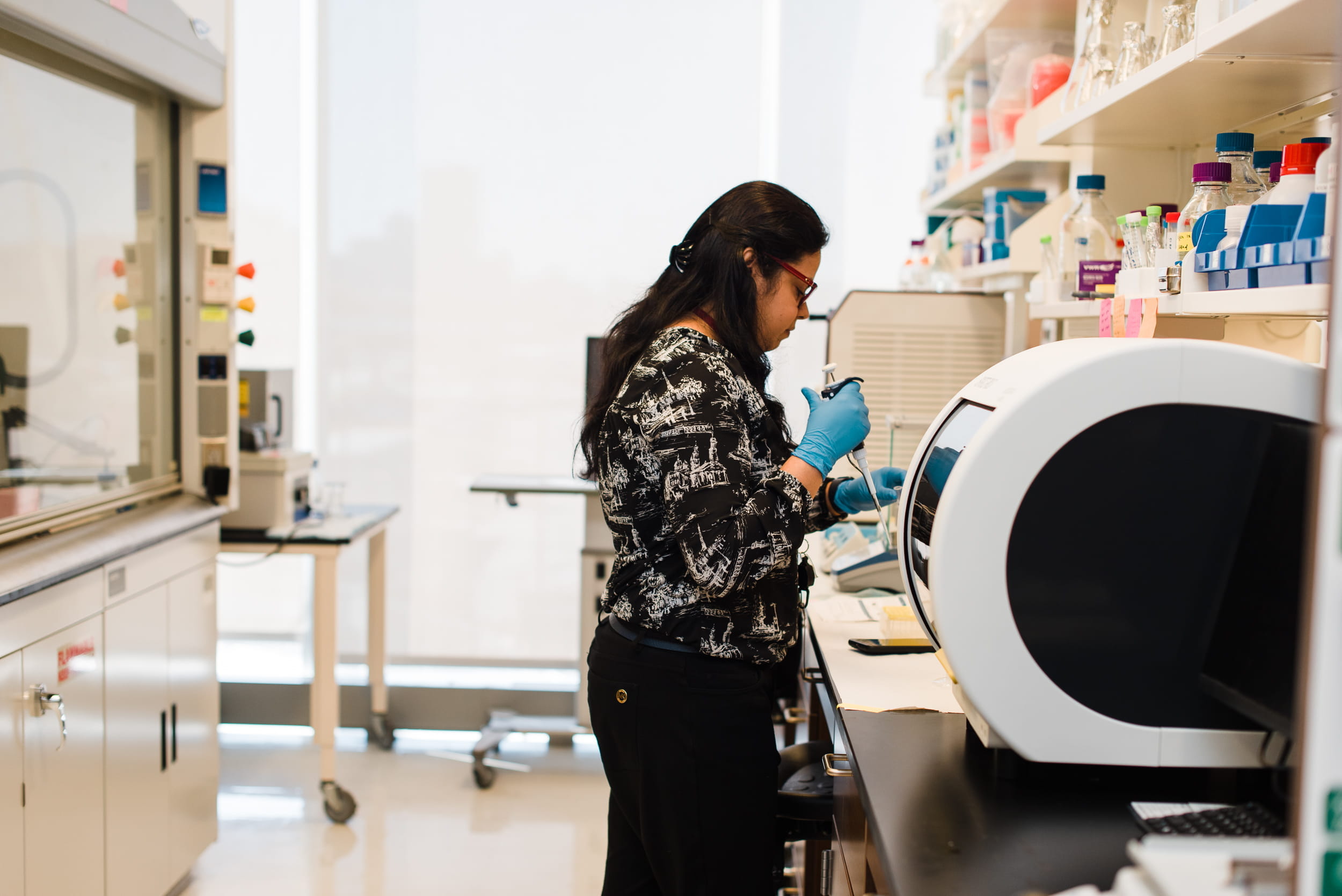Stark Neurosciences Research Institute, under the leadership of Executive Director Bruce T. Lamb, PhD, is dedicated to improving outcomes for persons suffering from disorders of the nervous system. For more than 20 years, Stark Neurosciences Research Institute has provided a collaborative space on the Indiana University School of Medicine campus in downtown Indianapolis where scientists and clinician-scientists from different disciplines across Indiana University can work together on translational science to investigate devastating disorders, ultimately seeking novel therapeutics to treat patients alongside partnering physicians. Researchers at the prestigious institute have made groundbreaking discoveries in Alzheimer's disease, psychiatric disorders, traumatic brain injury and much else.
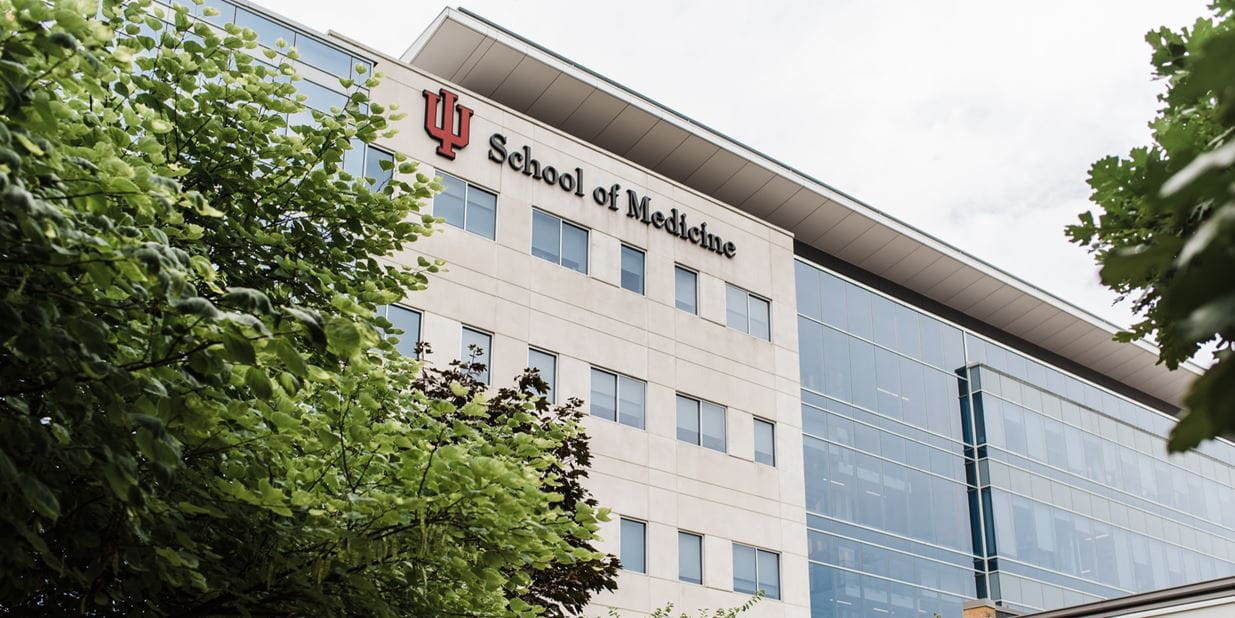
Video
Transformational neuroscience research
Stark Neurosciences Research Institute is at the cutting edge for the role the IU School of Medicine plays locally and globally to shape new treatments for devastating disorders of the nervous system, including Alzheimer’s disease and related dementias, as well as addiction, glaucoma, spinal cord and brain injuries, chronic pain and psychiatric disorders.
FEATURED NEWS
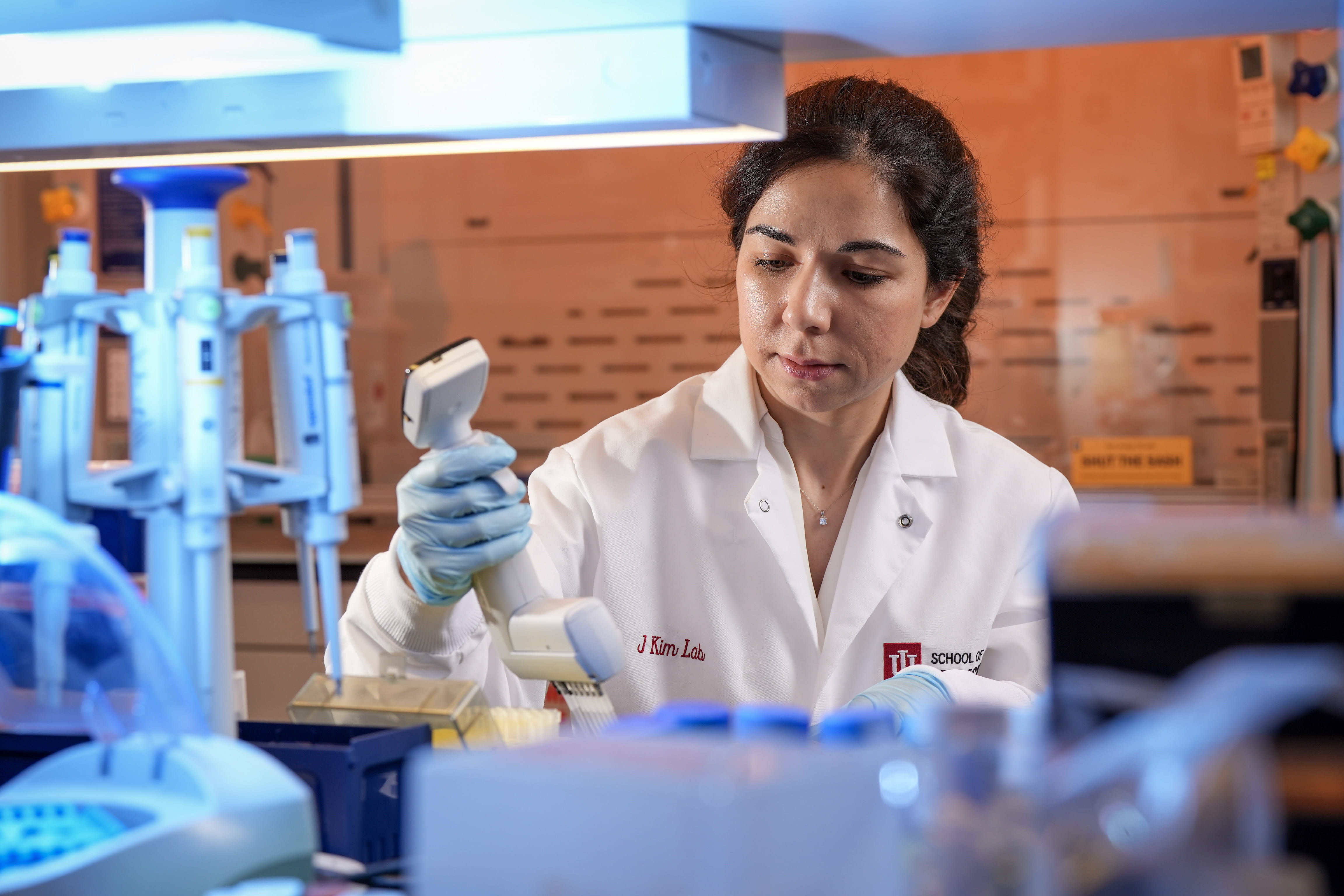
Researchers identify promising Alzheimer’s disease drug target
The team found that removing an enzyme from neurons in the brain substantially reduces amyloid plaques — a hallmark characteristic of the disease — and may provide further resilience against disease progression.February 12, 2026
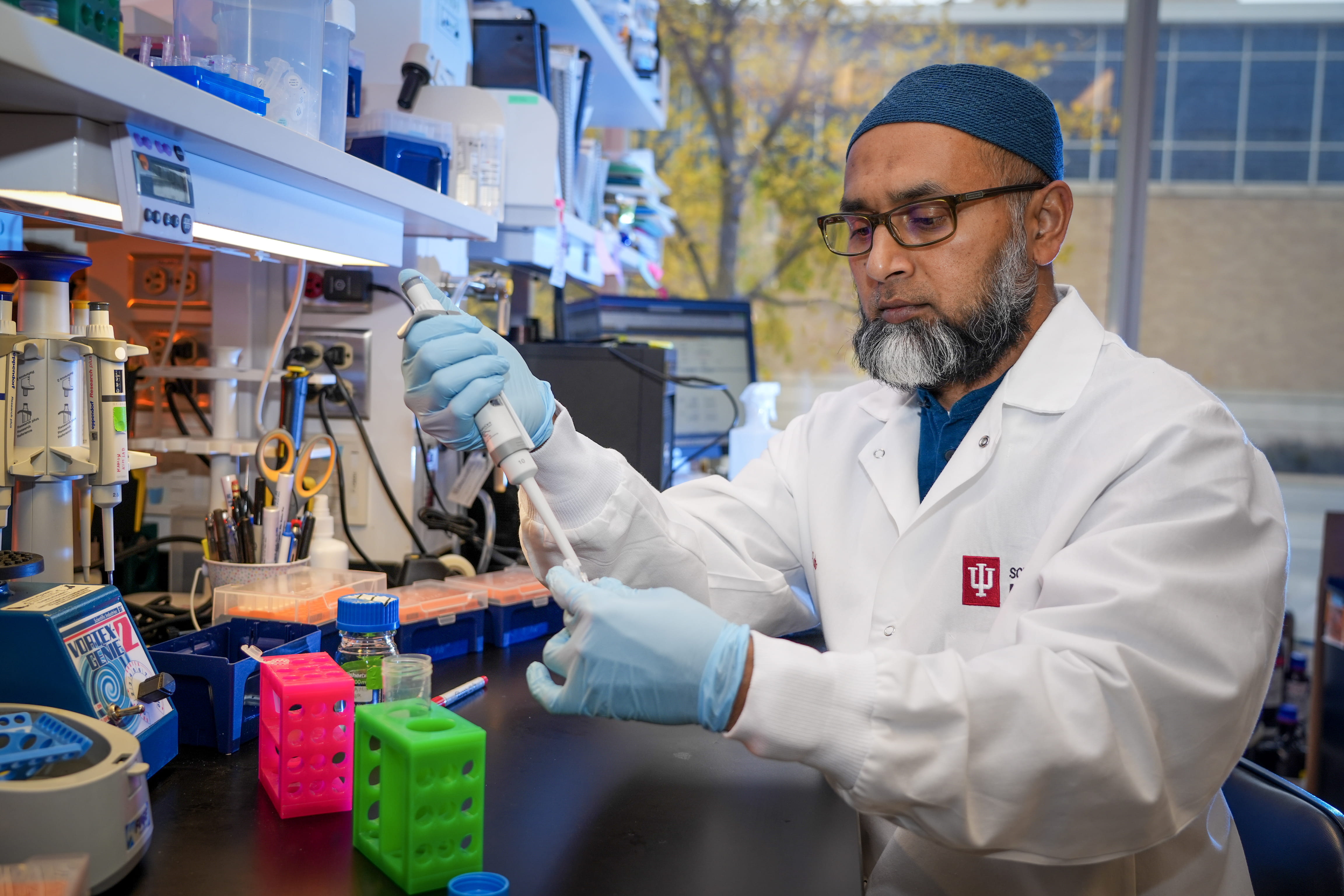
Study finds genetic risk factor for Alzheimer’s disease disrupts brain connectivity
A well-known genetic risk factor for Alzheimer’s disease worsens damage to white matter tissues in the brain that are crucial for communication between different brain regions.
December 16, 2025

The new IU School of Medicine program is geared toward training the next generation of scientists investigating Alzheimer’s disease and related dementias.
November 21, 2025
Upcoming Events
American Brain Coalition
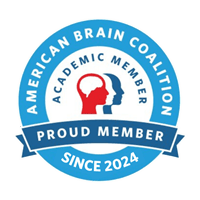 Stark Neurosciences Research Institute is proud to be a member of the American Brain Coalition, a nonprofit umbrella organization of nearly 200 leading professional neurological, psychological and psychiatric associations and patient organizations, along with clinicians, researchers, academia, industry and government agencies in the United States. The coalition's goal is to increase awareness and understanding and to advocate for increased research and resources — to improve a person's quality of life and enhance a national commitment toward cures for patients with brain disorders. Stark is one of 10 academic institutions in the country dedicated to advancing brain research as members of the American Brain Coalition.
Stark Neurosciences Research Institute is proud to be a member of the American Brain Coalition, a nonprofit umbrella organization of nearly 200 leading professional neurological, psychological and psychiatric associations and patient organizations, along with clinicians, researchers, academia, industry and government agencies in the United States. The coalition's goal is to increase awareness and understanding and to advocate for increased research and resources — to improve a person's quality of life and enhance a national commitment toward cures for patients with brain disorders. Stark is one of 10 academic institutions in the country dedicated to advancing brain research as members of the American Brain Coalition.
